Introduction:
In the ever-evolving landscape of employment law, staying informed is not just beneficial—it’s necessary. This month’s HR Hot Topics focuses on a significant legislative change in Michigan that could affect every employer in the state: the new Earned Sick Time Act. With the Michigan Supreme Court’s recent decision, it’s crucial for businesses to understand the implications of this law and prepare accordingly.
Background and Legal Battle: The journey to Michigan’s Earned Sick Time Act began with two ballot initiatives in 2018 aimed at establishing paid sick leave for all workers and increasing the minimum wage. The Michigan legislature adopted these initiatives preemptively and modified them before enactment in 2019. However, this move sparked controversy and legal challenges, leading to a ruling by the Michigan Supreme Court. The court decreed that the legislature could not amend the initiatives within the same session that they were adopted. As a result, the original versions of these initiatives were reinstated, significantly impacting employment practices across the state.
Details of the Earned Sick Time Act:
The Earned Sick Time Act mandates that all employers, regardless of size, must provide paid sick leave to their employees. This includes full-time, part-time, seasonal, and temporary staff, potentially extending to independent contractors, depending on forthcoming clarifications. Here are the key points employers need to know:
- Accrual of Sick Time: Employees will accrue one hour of paid sick leave for every 30 hours worked, with no cap on the accrual rate per week.
- Usage: Employees can use up to 72 hours of accumulated paid sick leave per year, but there’s no limit to how much can roll over into the following year.
- Compliance Deadline: Employers have until February 21, 2025, to fully comply with the act, providing some time to adjust their policies and practices.
Preparation for Employers:
To navigate these changes effectively, Michigan employers should consider the following steps:
- Policy Review and Adjustment: Evaluate existing sick leave policies and ensure they align with the new requirements, including provisions for accrual, usage, and rollover.
- Communication Strategy: Develop clear communication plans to inform employees about changes to sick leave policies. This includes updating employee handbooks, conducting informational meetings, and preparing written notifications.
- Compliance Checks: Regularly review compliance with the new law to avoid penalties. This may involve updating payroll systems, training HR staff on the new regulations, and consulting with legal experts to ensure all practices are up to date.
- Anticipate Further Changes: Stay informed about any legislative amendments or additional guidance from state agencies as the business community responds to the act’s implications.
Final Thoughts: Strategizing for Compliance with Michigan’s Earned Sick Time Act
The reinstatement of Michigan’s original Earned Sick Time Act presents a complex challenge for employers. By understanding the specifics of the act and starting preparations early, businesses can ensure they meet legal requirements and maintain a fair, compliant workplace. As always, staying proactive in the face of new regulations will be key to navigating potential hurdles effectively. For more insights and guidance on adapting to Michigan’s Earned Sick Time Act and other HR challenges, subscribe to our newsletter and stay tuned to HR Hot Topics for timely updates and expert advice.

